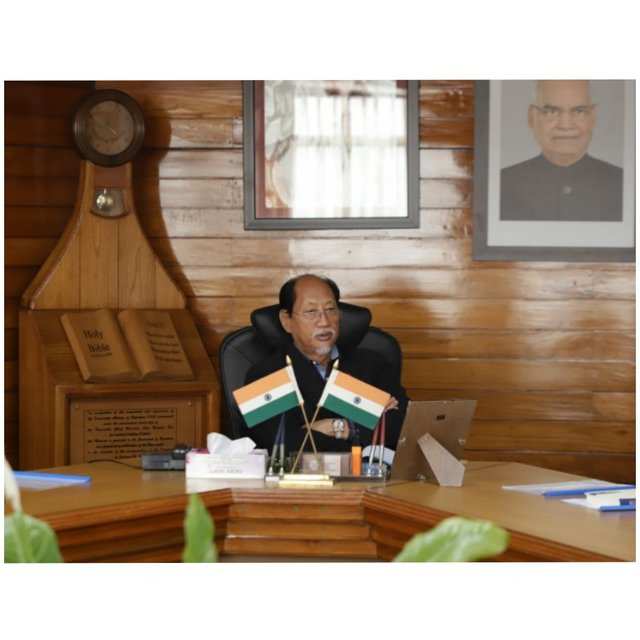Fundamental duties of India
As an Indian citizen, certain rights and duties are provided to us. The duty of every citizen is to abide by the laws and perform his/her legal obligations. A person should always be aware of his/her fundamental duties. 11 fundamental duties are laid down by the Indian Constitution.
Origin of fundamental duties
The idea of Fundamental Duties is inspired from the Constitution of Russia (erstwhile Soviet Union).
These were incorporated in Part IV-A of the Constitution by the 42nd Constitutional Amendment Act, 1976 on the recommendations of the Sardar Swaran Singh Committee.
Originally 10 in number, one more duty was added through the 86th Constitutional Amendment Act, 2002.
All the eleven duties are listed in Article 51-A of Part-IV-A of the Constitution .
Like the Directive Principles of State Policy, Fundamental duties are also non-justiciable in nature.
TAKE A GLANCE HERE:
The List OF Fundamental Duties
To respect the Constitution, it’s ideals and institutions, the National Flag and National Anthem–Ideals like liberty, justice, equality, fraternity and institution like executive, the legislature, and the judiciary must be respected by all the citizens of the country.
The noble ideas that inspire the national struggle to gain independence, one should cherish them– Every citizen must admire and appreciate the noble ideas that inspired the struggle of independence.
One should protect and uphold the sovereignty, unity and integrity of India– This is one of the basic duties that every citizen of India should perform. A united nation is not possible if the unity of the country is jeopardized. Sovereignty lies with the people.
One should respect the country and render national service when called upon–Every citizen should defend the country against the enemies. One should promote harmony as well as the spirit of common brotherhood amongst the citizens of India, transcending religious, linguistic, regional or sectional diversities and to renounce practices that are derogatory to the dignity of the women– Presence of one flag and single citizenship not only reflects the spirit of brotherhood but also directs the citizen to leave behind all the differences and focus on collective activity in all spheres.
One should value and preserve the heritage of our composite culture– India’s culture is one of the richest heritages of the earth. So, it is compulsory for every citizen to protect the heritage and pass it on to future generations.
To protect and improve the natural environment including forests, lakes, rivers and wildlife and to have compassion for living creatures,
To develop scientific temper, humanism and the spirit of inquiry and reform,
One should always safeguard public property and abjure– Due to unnecessary cases of violence that occurs in a country which preach for non-violence, a lot of harm has already been done to the public property.
One should always strive towards excellence in all spheres of life and also for the collective activity so that the nation continues with its endeavour and achievements– In order to ensure that our country rises to a higher level of achievement
Provide the opportunity of education to his child between the age of six to fourteen years– Free and compulsory education must be provided to the children who belong to 6 to 14 years of age and this has to be ensured by the parents or guardian of such child. This was provided by the 86th Constitutional Amendment Act, 2002.
Fundamental Rights and Fundamental Duties:
Fundamental Rights and Fundamental Duties are inter-related and one can’t exist without the other.
“Fundamental rights can be defined as privileges granted to each individual of the country to enjoy and the Fundamental Duties are the moral responsibilities which one needs to carry out in order to respect the rights of another individual and perform social obligations,”
| Fundamental Rights | Fundamental Duties |
| Fundamental Rights are the freedoms guaranteed by the constitution which can’t be taken away from a citizen. | Fundamental Duties are the legal responsibilities bestowed upon the citizens to perform. |
| Fundamental Rights are considered to be the normative rules of liberty and freedom for every citizen in order to achieve a harmonious and a free lifestyle | Fundamental Duties are the moral responsibilities of all the citizens that need to be performed by them in order to achieve prosperity and uphold the unity of the nation. |
| Fundamental Rights are universally available to all citizens regardless of their race, caste, religion, sex or place of birth and are justiciable in nature, i.e. they can be taken to the court of law. | Fundamental Duties are non-justiciable and hence can’t be taken to the court of law. |
THANKS FOR READING..........




Good explaining 🙏🙏
ReplyDeleteThank you
ReplyDelete